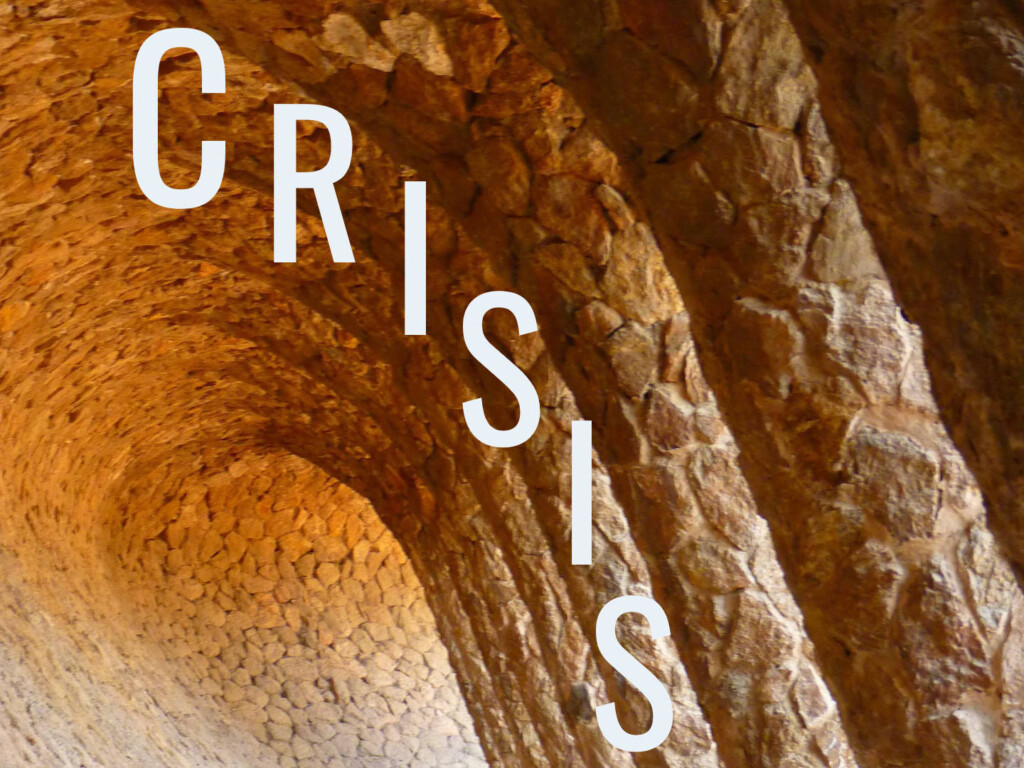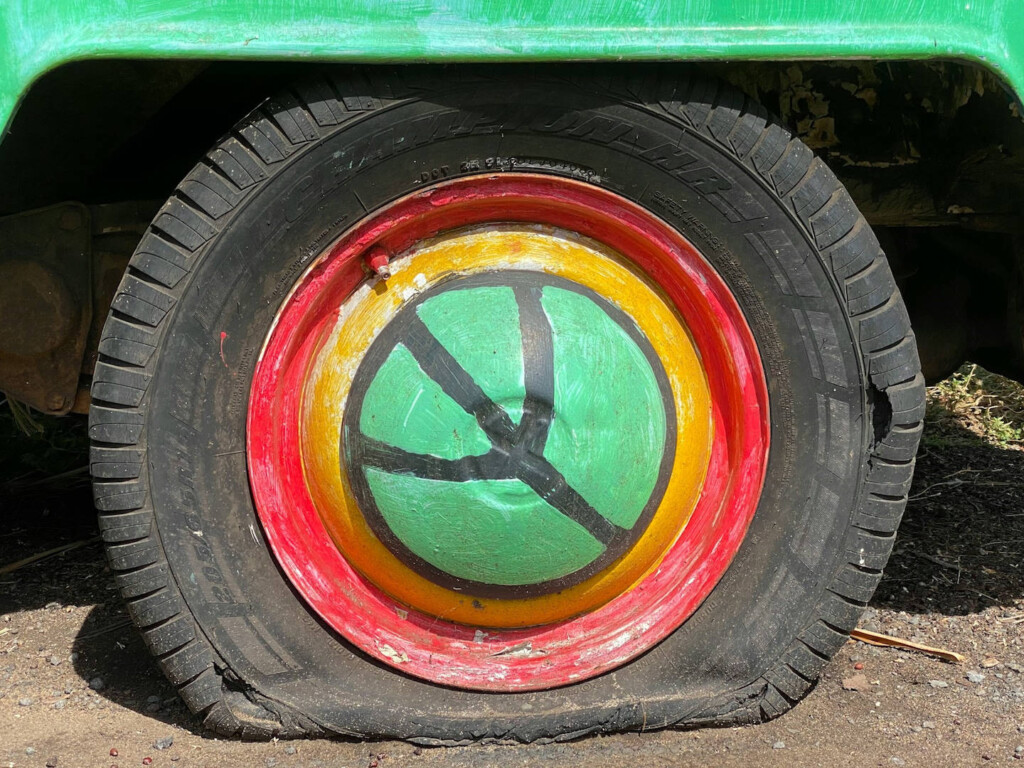Carrying capacity, mass tourism, and overtourism
Scroll down for posts that have been tagged with “Carrying capacity & mass tourism & overtourism”.
According to the Biology Dictionary: “[C]arrying capacity relates the number of organisms which can survive to the resources within an ecosystem. Ecosystems cannot exceed their carrying capacity [for long].” Some travel & tourism stakeholders refer to a destination’s sustainable capacity to receive visitors as its ‘carrying capacity’.
Mass tourism is characterised by large concentrations of tourists at the same place at the same time. The travel & tourism industry facilitates mass tourism through organised group tours, package deals, shore visits by cruise ship passengers, and similar practices.
Overtourism is the perception, especially among residents, of too much tourism at a destination or simply too many visitors to a place. Environmental carrying capacities notwithstanding, overtourism is subjective. There need not be industrial-scale mass tourism for a host community to feel the effects of overtourism. Mass tourism is often the cause of overtourism in ‘normal’ neighbourhoods, but not in destinations or attractions that have been planned and purpose-built to receive large numbers of tourists, and whose resident populations welcome the economic opportunities mass tourism brings.
“The phenomenon of ‘overtourism’, about which there are always lots of complaints, is a symptom of an unhealthy dependence on tourism for jobs and economic activity. We know that, yet this dependence is why little gets done to solve the problem. It is politically and economically difficult to solve because the withdrawal symptoms are rough.” _ David Gillbanks in “As we sit out COVID-19, let’s think about a fair & fail-safe treatment or vaccine for overtourism”.
Tags are informal. The “Good Tourism” Blog tries not to get bogged down with terminology and definitions, so you may disagree with tags applied (or not applied) to a post. If so, please feel free to comment on any post you think has been incorrectly or insufficiently tagged. “GT” encourages good-faith debate and discussion.






![Prof Valeria Minghetti on peer review, overtourism, regenerative tourism, and how to succeed 6 Professor Valeria Minghetti: "[B]e curious. Never stop asking yourself questions. Curiosity and the desire to find solutions is what makes a difference ..."](https://www.goodtourismblog.com/wp-content/uploads/2024/05/Professor-Valeria-Minghetti-1024x768.jpg)